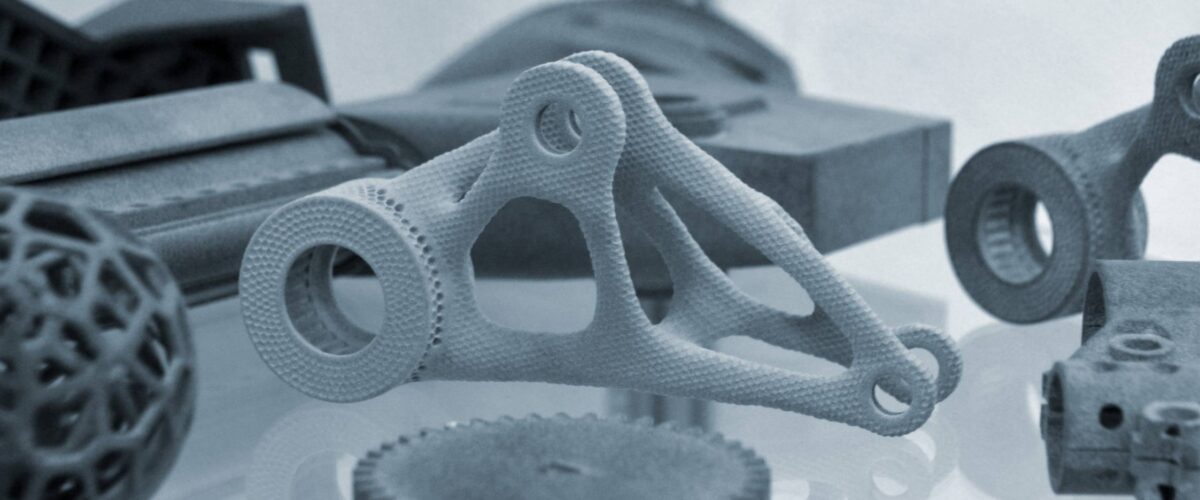Choosing the right polymer resin for a specific application is a critical step in the design and manufacturing process. The properties and characteristics of the polymer resin can greatly affect the performance and functionality of the final product. Here are some important qualities to consider when choosing a polymer resin:
1. Mechanical Properties: The mechanical properties of a polymer resin are important to consider for applications that require the material to withstand stresses and strains. Some examples of mechanical properties include strength, stiffness, toughness, and impact resistance. Depending on the application, one may prioritize certain mechanical properties over others. For example, a product that needs to withstand heavy loads may require a resin with high strength and stiffness, while a product that needs to withstand impact forces may require a resin with high toughness and impact resistance.
2. Thermal Properties: The thermal properties of a polymer resin are important to consider for applications that involve high temperatures or thermal cycling. Some examples of thermal properties include heat resistance, melting point, and thermal conductivity. Depending on the application, one may prioritize certain thermal properties over others. For example, a product that needs to withstand high temperatures may require a resin with high heat resistance, while a product that needs to conduct heat may require a resin with high thermal conductivity.
3. Chemical Resistance: The chemical resistance of a polymer resin is important to consider for applications that involve exposure to harsh chemicals or corrosive environments. Some examples of chemicals that may be encountered include acids, bases, solvents, and fuels. Depending on the application, one may prioritize certain chemical resistances over others. For example, a product that needs to resist acidic environments may require a resin with high acid resistance, while a product that needs to resist solvent exposure may require a resin with high solvent resistance.
4. Electrical Properties: The electrical properties of a polymer resin are important to consider for applications that involve electrical components or exposure to electrical fields. Some examples of electrical properties include conductivity, dielectric strength, and insulation properties. Depending on the application, one may prioritize certain electrical properties over others. For example, a product that needs to conduct electricity may require a resin with high conductivity, while a product that needs to insulate against electrical currents may require a resin with high dielectric strength.
5. Processing Properties: The processing properties of a polymer resin are important to consider for the manufacturing process. Some examples of processing properties include melt flow, viscosity, and processing temperature. Depending on the manufacturing process, one may prioritize certain processing properties over others. For example, a product that needs to be injection molded may require a resin with low viscosity and high melt flow, while a product that needs to be extruded may require a resin with high viscosity and low melt flow.
6. Cost: The cost of a polymer resin is an important consideration for many applications. Depending on the budget, one may need to balance the performance of the resin with the cost. For example, a high-performance resin may be ideal for a product, but if the cost is too high, it may not be feasible.
7. Availability: The availability of a polymer resin is an important consideration for applications that require a reliable supply chain. Depending on the application, one may need to ensure that the resin is readily available and can be obtained consistently from a reliable supplier.
8. Environmental Impact: The environmental impact of a polymer resin is an important consideration for applications that require sustainability or compliance with environmental regulations. Depending on the application, one may need to consider factors such as biodegradability, recyclability, and toxicity.
9. Aesthetics: The aesthetics of a polymer resin are important to consider for many consumer products. Depending on the application, one may need to consider factors such as color, transparency, and surface finish.
10. Compatibility: The compatibility of a polymer resin with other materials is important to consider for applications that involve multi-material assemblies. Depending on the application, one may need to ensure that the resin is compatible with other materials, such as adhesives, coatings, and other polymers,
In conclusion, the choice of polymer resin should be based on a comprehensive understanding of the specific requirements of the product. By considering the mechanical, thermal, chemical, electrical, processing, cost, availability, environmental, aesthetic, and compatibility requirements, manufacturers can select the right polymer resin for their products and achieve optimal results.

